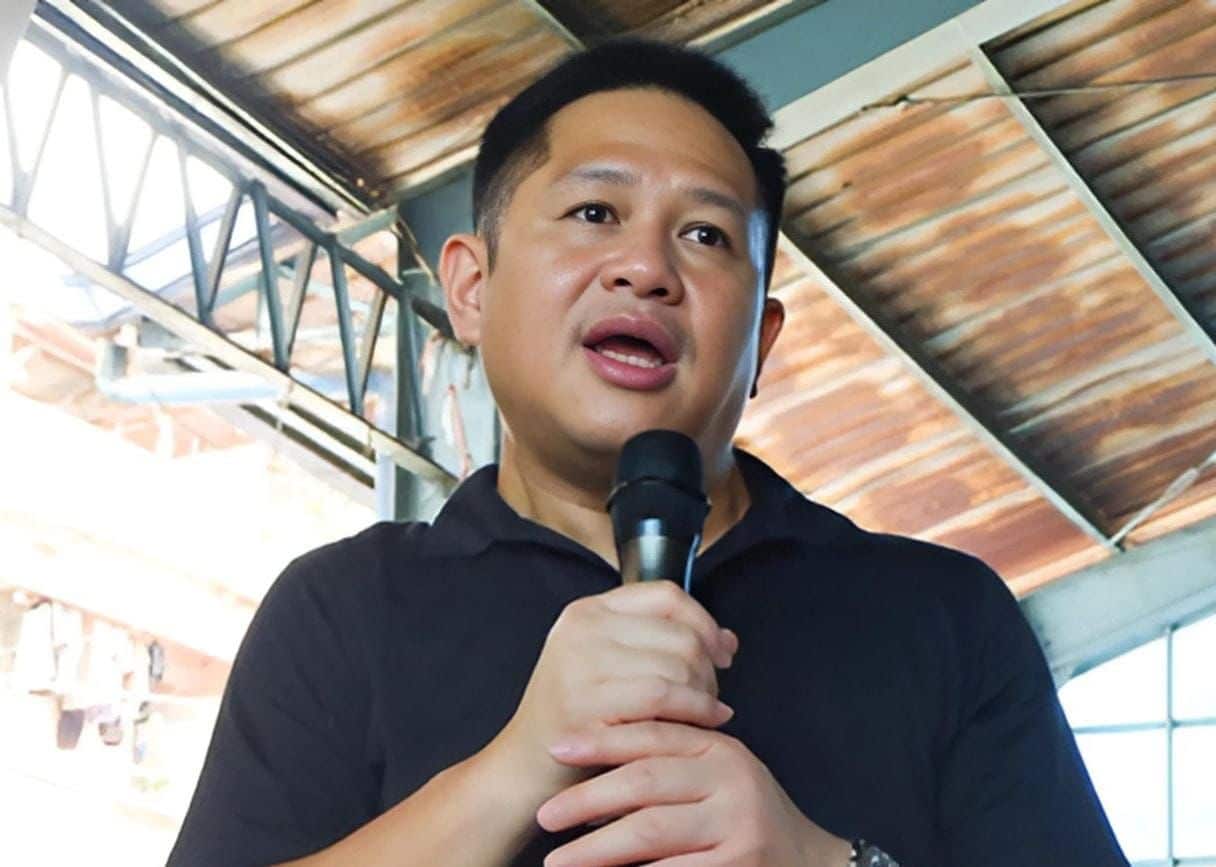Washington, D.C. — In a decisive move to foster dialogue and address the evolving landscape of cryptocurrency, the Securities and Exchange Commission (SEC) has announced a series of four upcoming roundtables aimed at refining the regulatory framework for crypto assets.
Each of these sessions will delve into vital topics, from the intricacies of crypto trading to the crucial responsibilities of custodians in safeguarding digital assets. The roundtables, set to take place throughout the upcoming months, will explore diverse themes that are paramount to both industry professionals and consumers. The first roundtable, titled “Between a Block and a Hard Place: Tailoring Regulation for Crypto Trading,” was held on April 11, 2025.

Following that, discussions will pivot to “Know Your Custodian: Key Considerations for Crypto Custody” on April 25, 2025, before examining the intersection of traditional finance and decentralized finance (DeFi) on May 12, 2025, in “Tokenization - Moving Assets Onchain.” The series will conclude with “DeFi and the American Spirit” on June 6, 2025. Open to the public, these roundtables are set to take place at SEC headquarters in Washington, D.
C., as well as being streamed live on the SEC’s website. This initiative underscores the Commission’s commitment to transparency and community engagement, allowing stakeholders and interested parties to participate actively in shaping the future of crypto regulation.
“Each roundtable represents an opportunity for us to engage with experts in the field and address what regulatory challenges lie ahead,” said Commissioner Hester M. Peirce, who heads the Crypto Task Force. This series aims not only to highlight issues but also to forge paths toward meaningful regulatory solutions that can adapt to the fast-paced changes characteristic of the cryptocurrency market.
Launched in January 2025 under the leadership of Acting SEC Chairman Mark T. Uyeda, the Crypto Task Force has an ambitious mandate: to delineate clear regulatory guidelines, create realistic pathways for registration, and develop robust disclosure frameworks tailored to the unique demands of the digital asset sector. The Importance of Crypto Custody Anush Arevshatian, chief product officer of Zodia Custody, headquartered in London, UK, emphasized the need for clarity in defining digital asset custodians.
He stated, "Robust and transparent custody is foundational for trust and further activities in digital asset capital markets." Arevshatian highlighted the importance of moving beyond traditional frameworks to assess legal, technical, operational, and cyber-specific risks in defining a "qualified custodian" in crypto. He also noted the concentration risk evident in single-custodian models of many U.
S. Bitcoin and Ethereum ETFs, advocating for diversifying custody providers and their underlying validator node infrastructure. Arevshatian stressed that effective crypto custody extends beyond key management to enabling the full range of digital asset use cases.
Balancing Innovation and Consumer Protection Przemyslaw Kral, CEO of Zondacrypto, headquartered in Estonia, emphasized the need to balance innovation with consumer protection. He stated, "Crypto custody comes with inherent security risks if not done properly, but at the same time, digital asset custody technology advances at a rapid rate." Kral warned against regulations that might stifle the emergence of more secure and efficient custody methods.
Kral also highlighted the importance of examining regulatory models from other jurisdictions to create a cohesive, effective approach to custody rules. He noted, "The U.S.
must look at the models of other jurisdictions, not only to help design their own rules but also to ensure global interoperability." Insights from the European Union The European Union's Markets in Crypto-Assets (MiCA) framework was highlighted as a promising model for the U.S.
to consider. Kral expressed optimism about MiCA's clear structure, which delineates asset types, sets operational standards for custody and market integrity, and outlines authorization and licensing requirements for crypto businesses. The Path Forward As the SEC prepares for these roundtables, the crypto industry watches closely.
The ongoing dialogue between regulatory bodies and industry stakeholders signifies a shift toward a more collaborative approach in developing frameworks that govern the increasingly vital world of cryptocurrencies. The upcoming roundtables represent an opportunity to address pressing issues and pave the way for a more harmonious relationship between the fast-paced world of cryptocurrency and the regulatory frameworks that govern it. Through dialogue and collaboration, the U.
S. aims to maintain its leadership in the global crypto arena while balancing innovation and consumer protection..
Technology

The SEC's Crypto Task Force: Balancing Innovation and Regulation in the Digital Asset Space

Washington, D.C. — In a decisive move to foster dialogue and address the evolving landscape of cryptocurrency, the Securities and Exchange Commission (SEC) has announced a series of four upcoming roundtables aimed at refining the regulatory framework for crypto assets. Each of these sessions will de














